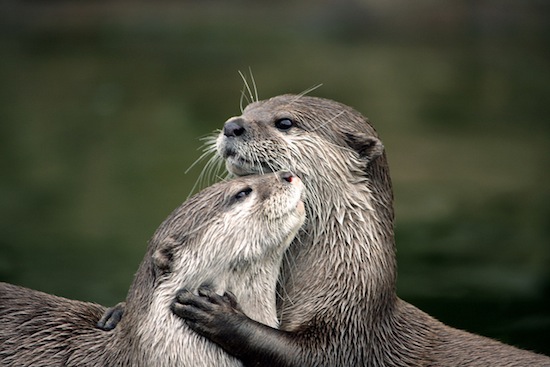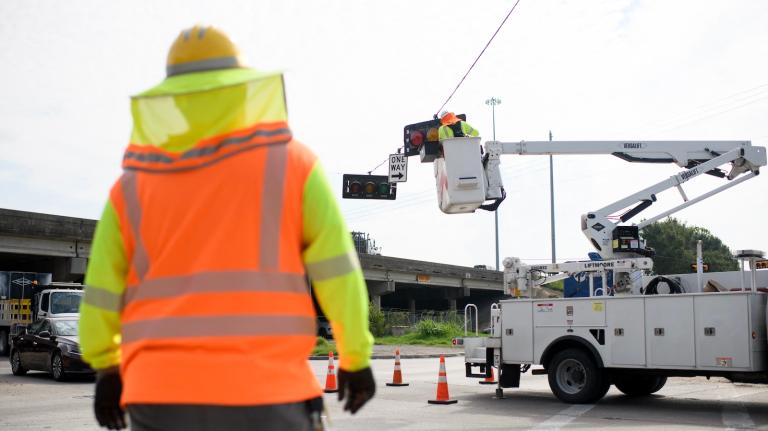Once nearly extinct in England, otters have now returned to every county, indicating that rivers are at their healthiest in decades. Conservationists had predicted that it would be another 10 years before the otters reached this level of repopulation, so it's a real triumph for the iittle dudes. Not to mention an overwhelming stroke of good fortune for Brits, who can now watch otters play from the comfort of their homes, the lucky bastards.
Otters have reappeared in places where they have not been seen since the industrial revolution, including Bristol, Birmingham and Manchester, and even on the Thames and the Lea in north London. A recent survey on the river Ribble, in Lancashire, showed a 44% increase in otter numbers since 2008.
I thought this story couldn't get cuter, and then they throw "the river Ribble" in there.
Pesticides, human encroachment, and hunting (until 1978 you could hunt otters in England, if you were a cold unfeeling robot) made otter populations shrink by 95 percent in Western Europe during the '50s, '60s, and '70s. But improved water quality means safer waterways for the otters, plus more fish for them to eat. In fact, though otters reproduce slowly, their numbers are already growing enough that some fishing groups, concerned about the otters' fish consumption, are suggesting a cull. Like you could bring yourself to cull otters! Maybe they just misspelled "cuddle."




